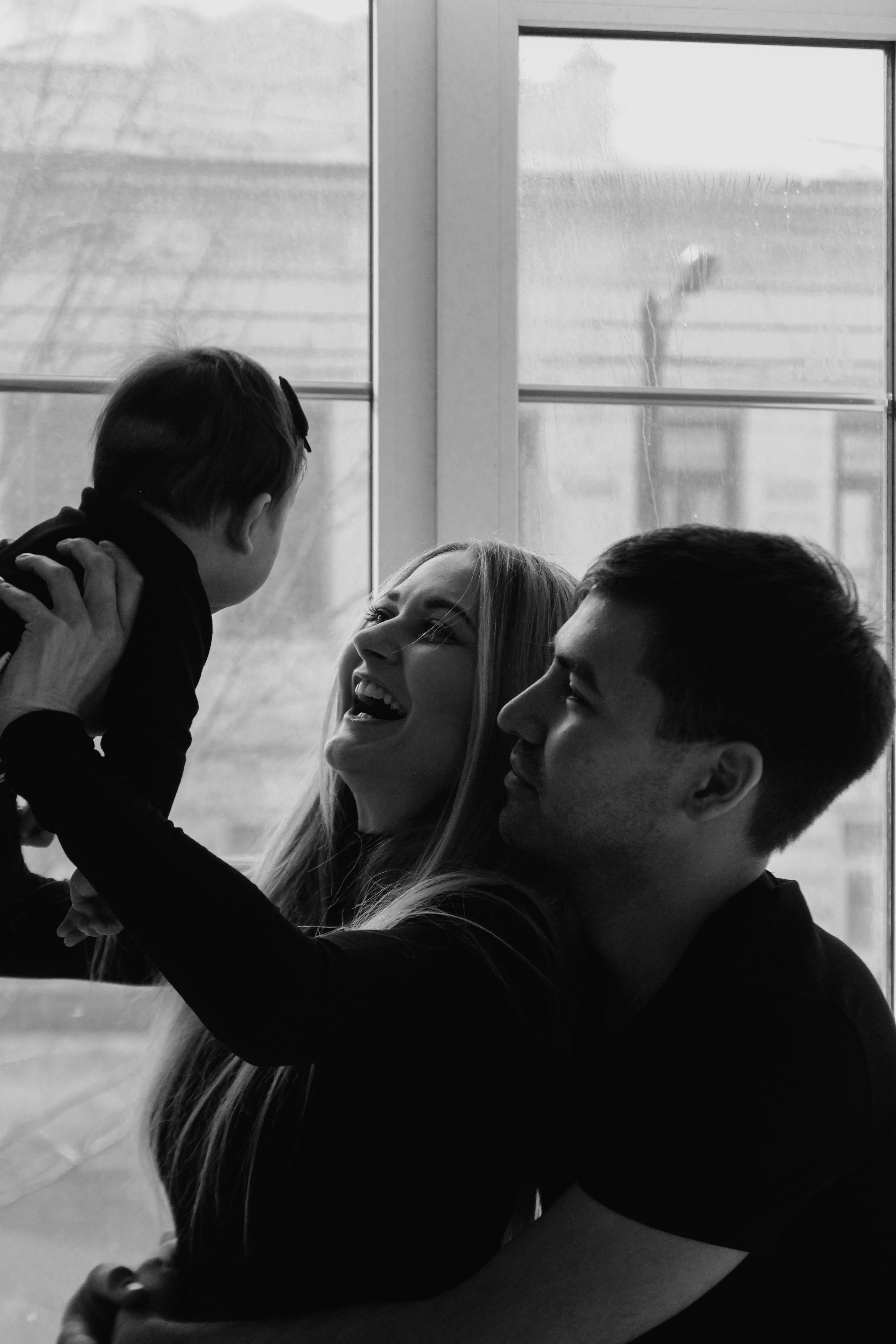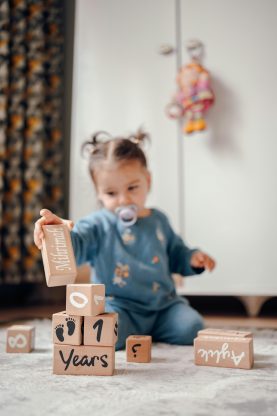Table of Contents
Setting Clear Expectations
Setting clear expectations is essential for building trust with your babysitter. Before they begin working for you, sit down with them and discuss your expectations regarding their responsibilities, schedule, and any house rules they need to follow. Make sure your babysitter understands your discipline techniques, mealtime routines, and any specific instructions for caring for your child. By setting clear expectations from the start, you can avoid any misunderstandings and ensure that your babysitter knows exactly what is expected of them.
On-Demand Childcare in Your Neighborhood
Book a Sitter
Communication is Key
Effective communication is vital in any relationship, and the babysitter-parent relationship is no exception. Keep the lines of communication open with your babysitter by checking in regularly and asking for feedback on how things are going. Encourage your babysitter to communicate any concerns or issues they may have, and be open to constructive criticism. By fostering a culture of open communication, you can build trust with your babysitter and address any issues before they become more significant problems.
Providing Necessary Information
To create a safe environment for your child, it is essential to provide your babysitter with all the necessary information they need to care for them properly. Make sure your babysitter knows your child’s daily routine, including meal and nap times, any allergies or medical conditions they have, and emergency contact information. Provide your babysitter with a list of important phone numbers, such as yours, a neighbor’s, and the pediatrician’s, in case of an emergency. By equipping your babysitter with all the necessary information, you can ensure that your child is well cared for in your absence.

Establishing Boundaries
Establishing boundaries is crucial for creating a safe environment for your child and building trust with your babysitter. Clearly outline what is and isn’t allowed in your home, such as TV and screen time limits, visitors, and bedtime routines. Make sure your babysitter knows your rules for discipline and how to handle any behavioral issues that may arise.
By setting clear boundaries, you can prevent misunderstandings and create a structured environment that is safe and comfortable for your child and your babysitter.
Regular Check-Ins
Regular check-ins are an essential part of building trust with your babysitter and ensuring that everything is running smoothly while you are away. Check in with your babysitter periodically to see how things are going and if they have any questions or concerns. Ask your child how they are feeling and if they are comfortable with the babysitter. By staying involved and checking in regularly, you can address any issues proactively and make adjustments as needed to create a safe and trusting environment for everyone.
In conclusion, building trust with your babysitter and creating a safe environment for your child is essential for a successful babysitter-parent relationship. By setting clear expectations, communicating effectively, providing necessary information, establishing boundaries, and conducting regular check-ins, you can ensure that your babysitter feels comfortable in your home and that your child is well cared for in your absence. By following these tips, you can build a strong relationship with your babysitter based on trust, respect, and open communication.










